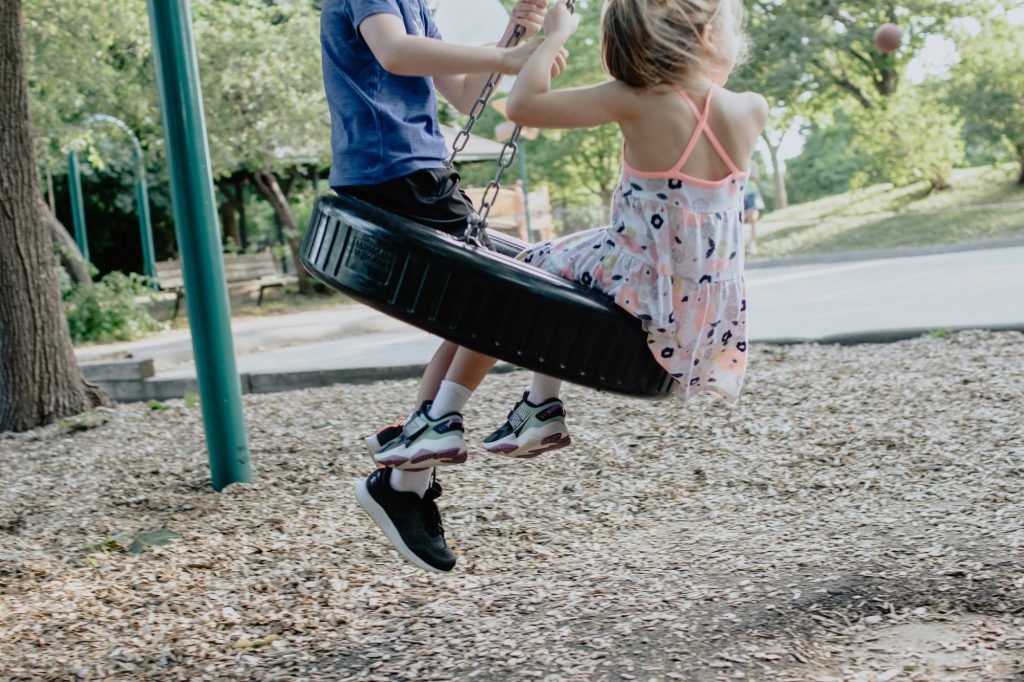
Every parent wants to believe the best about their child. That’s part of the job—seeing their potential, celebrating their strengths, and offering unconditional love. But when that fierce loyalty turns into denial—ignoring clear misbehavior, blaming others, or refusing to hold a child accountable—the consequences stretch far beyond a single scolding or time-out. They shape who your child becomes.
In an age of gentle parenting, helicopter supervision, and constant digital feedback, it can be tempting to smooth over your child’s mistakes or shield them from discomfort. But here’s the truth: pretending your kid can do no wrong doesn’t protect them. It hurts them. It quietly sets them up for failure, entitlement, strained relationships, and emotional immaturity.
So why do so many parents fall into this trap, and what’s the cost of doing so?
The Roots of Overprotection (and Why It Feels So Natural)
Let’s be clear: most parents who struggle to see their child’s faults aren’t bad or naive. In fact, their instincts are usually rooted in love, fear, or even past trauma. Maybe you were harshly judged growing up and swore you’d always defend your child. Maybe you fear judgment from other parents. Or maybe it simply feels too painful to imagine your sweet kid being unkind, dishonest, or careless.
But when love turns into excuse-making, like “He didn’t mean it,” “She was just tired,” and “That teacher has always picked on her,” you send a silent message: your child is never responsible for their actions.
That kind of thinking might feel protective in the short term, but it sends the wrong signal. Instead of feeling safe, kids feel untouchable. Instead of learning to self-reflect, they learn to deflect. And that’s where the real problems begin.
What Kids Actually Learn When You Excuse Everything
Children are smart. They pick up on your cues, your patterns, and the messages you send without even realizing it. When you constantly defend them, they start to believe they’re above consequences. They start to think:
- “If I get in trouble, my parent will always take my side.”
- “If someone doesn’t like what I did, they’re just being mean.”
- “Rules don’t apply to me if I don’t agree with them.”
This kind of thinking doesn’t just lead to power struggles at home. It can lead to social fallout with peers, friction with teachers and authority figures, and, later, major issues in relationships or at work. No one wants to be the adult who can’t take feedback, always blames others, or collapses when faced with conflict.
When you help your child own their actions, even the uncomfortable ones, you’re building lifelong skills: accountability, empathy, and self-awareness. And those skills matter more than a spotless reputation.

Accountability Builds Emotional Strength
Parents often worry that acknowledging a child’s wrongdoing will “crush their spirit” or lower their self-esteem. But the opposite is true. Children who understand that they can mess up and repair without losing love or connection grow up more confident, not less.
They know they’re capable of change. They learn that relationships are strong enough to handle mistakes. And most importantly, they stop fearing failure. That’s real resilience.
Accountability also gives kids an internal compass. Instead of acting based on fear of punishment or desire for praise, they start making choices from a sense of inner values—fairness, kindness, and responsibility.
How This Pattern Shows Up Later in Life
If you’ve ever worked with an adult who refused to apologize, threw coworkers under the bus, or couldn’t admit when they were wrong, you’ve seen the long-term effects of unchecked childhood behavior.
These adults often have deep insecurities masked by arrogance or deflection. And many of them were once kids whose parents believed they could do no wrong. When you never have to own your actions, you never learn how to grow from them.
In romantic relationships, this dynamic can be even more damaging. Partners of people who avoid accountability often report feeling gaslit, blamed, or emotionally manipulated. Not because their partner is intentionally cruel but because they never learned how to take responsibility without crumbling.
Helping Kids Learn From Mistakes Without Shame
None of this means you need to discipline harshly or embarrass your child. In fact, shame-based parenting is just as harmful as denial. The goal isn’t to punish. It’s to teach.
Start by creating a home culture where mistakes are safe to admit. That means staying calm when your child confesses, asking curious, not accusatory, questions, and helping them think through how to make things right.
It also means modeling the same behavior. If you snap, overreact, or forget a promise, own it. Show your child what real accountability looks like. You’re not showing weakness. You’re showing emotional maturity.
You Can Love Them Fiercely and Hold Them Accountable
Protecting your child from every consequence doesn’t prepare them for the real world. But walking with them through those consequences while staying calm, present, and loving absolutely does.
You can believe in your child’s goodness while still helping them grow through the hard parts. You can defend their potential without defending their every move. And when you do, you’re giving them something far more powerful than protection: the tools to be strong, kind, and self-aware humans in a messy, complicated world.
Have you ever caught yourself making excuses for your child, only to realize it did more harm than good? How did you shift?
Read More:
7 Signs Your Child Is Emotionally Overstimulated, Not Misbehaving
Raising Emotionally Intelligent Kids: Why It Matters
Riley is an Arizona native with over nine years of writing experience. From personal finance to travel to digital marketing to pop culture, she’s written about everything under the sun. When she’s not writing, she’s spending her time outside, reading, or cuddling with her two corgis.
Leave a Reply